(PVC), which called polyvinyl chloride in Latin and shortly (PVC), it makes this possible to use the services in a variety of industries by utilizing the most valuable products offered in the petrochemical industries. PVC after polyethylene and polypropylene is the most widely used natural plastic in the world. Over 40 million tons of polyvinyl chloride (PVC) are produced and used in worldwide each year.
PVC Raw Material which is discovered “Twice”!
In the year 1835 Henri victor Regnault a French physicist and chemist and in the year 1872, the German Eugene Baumann discovered polyvinyl chloride (PVC). Both scientists made a lot of efforts to commercialize this material, Due to the fragility and hardness of this raw material, unfortunately no industrial application was found at that time. In the year 1926, Waldo Semon one of the staffs of B.F.Goodrish American company, managed to create new properties in PVC with the help of a group of additives. As a result of Waldo semon’s efforts, PVC became more flexible and industrialized. Subsequently, due to the unique properties of polyvinyl chloride, its use in industry grew rapidly.
Technical Specifications of PVC
The structure of polyvinyl chloride (PVC) is very similar to polyethylene because PVC is a vinyl polymer. In the main PVC chain is a chlorine atom instead of a hydrogen atom. As a result of free radical polymerization of vinyl chloride, polyvinyl chloride (PVC) is formed.
Technical name: Polyvinyl Chloride Chemical
Formula: (C2H3CI)n
Degree of thermal bending: 92 ° C
Melting Degree: 100 – 260 C
Tensile strength: Soft PVC: 25 to 6.9 MPA
Hard PVC: 34 to 62 MPA
Relative density: 1/35 – 1/45
Applications of polyvinyl chloride (PVC) in industry
PVC is one of the most widely used synthetic polymers produced in various forms. Including hard, flexible, copolymer and foam. PVCs have many desirable properties that make them more attractive to artisans. Like:
- Low price
- Light weight
- Diversity in Formation
- Wide usage
This has made PVC materials widely used in manufacturing industries. Here are some of the most basic applications of PVC in the industry.
PVC and construction
It is good to know that more than half of the polyvinyl chloride (PVC) made in the petrochemical industry is used in construction and in place of traditional materials such as wood, cement and pottery. The ease use of PVC and its low cost compared to other specialty building materials has made it one of the most popular alternative materials. One of the Applications of polyvinyl chloride in construction ,include door and window construction, flooring, wall covering, dark windows, wiring, walls and prefabricated ceilings, hard molded exterior coatings, and more.
PVC and consumer goods
Polyvinyl chlorides (PVC) is widely use in our lives. Just take a look around and at the gadgets we are using daily then we will understand. In the manufacturing of luggage, stickers, furniture, stickers, book ,office cover and credit card, toys, sneakers, desktops, plastic bags, lightweight ball, home appliances, and many other products , PVC material have been used.
PVC and medical industry
n the medical industry, plastics are widely used. Polyvinyl chloride materials are also involved in a large part of the medical industry due to their excellent properties. Medical applications of PVC materials include medical gloves, blood-borne bags and derivatives, medical tubes and hoses, dialysis sets, microstates, catheters, tube suctioning, and more.
PVC and automotive industry
PVC materials also are used in the automotive manufacturing industry. Embroidered seats, dashboard door panels, fabric and seat covers, different parts of the body, etc. are in the car made of PVC.
PVC and garment industry
By manipulating and modifying the PVC plastic, a leather-like material called rexin can be produced. Rexin synthetic leather is widely used in the garment industry. The synthetic leather obtained in this way is used in the manufacture of shoes, suits, furniture and more. It’s also cheaper than leather, latex, and even plastic.
PVC and plumbing systems
Cheap, natural and flexibility of the PVC has made it a suitable material for use in urban and industrial water and sewage piping. A high percentage of the PVC produced is using of pipe manufacturing. These tubes have characteristics such as lightness, strength and low reactivity. This leads to their use in underground wiring and water distribution systems.
PVC and packaging
PVC materials are widely use in the packaging industry and especially food packaging. For example, the packaging of meat products, the production of a kind of food containers, blood storage bags and their derivatives is carried out by PVC materials.
PVC and electronics industry
These materials are often using to insulate electrical wires in addition to being reasonably priced of PVC, are highly resistant to insects, abrasion and soldering. Manufacturing PVC coatings on power cables isolates them and increases the safety of unprotected cables. It is said to be resistant to chemicals, fire, oil and shock. One of the features that have made these materials ideal for making electrical cables is their high flexibility. For this reason, these types of plastics are used as coatings for copper, aluminum and fiber optics.
PVC and bottle production
In various industries PVC is use to make different types of bottles. Because these types of plastics are highly resistant to harmful and toxic minerals, acids (chloric acid) and strong bases. This has led to the use of polyvinyl chloride grades in the manufacturing of vinegar bottles, mineral oils, shampoos, cosmetics, and salad dressings, translucent and matte bottles.
Is PVC Toxic?
Polyvinyl chloride (PVC) releases toxic vapors when burned or exposed to high heat. Hydrogen chloride, hydrochloric acid and so on are released by PVC melting, which are extremely harmful to human health. Non-PVC coated wires are used to prevent human injury if the conditions are likely to melt or fire.
The Benefits of Using Polyvinyl Chloride (PVC)
- Abundance
- Cheap price
- Corrosion resistance
- Impact resistance
- Flame resistance
- Low friction coefficient
- Higher density than other polymers
- Optimal tensile strength
- Resistance to chemicals and bases
- Recyclability
- Weathering resistance
- Good resistance to water and aqueous solvents
- Dimensional stability
Disadvantages of using polyvinyl chloride (PVC)
- Low thermal stability
- Toxic gas and steam release under heat
- Being attacked by strong solvents
- Limited heat resistance
- Staining by sulfur compounds
- More density than other plastic materials
The difference between PVC and UPVC materials
Unplasticized Polyvinyl Chloride , or hard polyvinyl chloride, is a type of PVC high impact. In fact, softened PVC is called UPVC. This type of PVC is used in the manufacturing of all types of doors, windows and exterior walls of buildings.
Buy polyvinyl chloride (PVC)
You can get in touch with our experts at the Business Unit to find out the price, get advice and buy polyvinyl chloride (PVC) in your desired grades. Petrobon Commerce is ready to support you from zero to one hundred purchasing processes to supply the raw materials you need. To find out the price of polyvinyl chloride (PVC) in your desired grades, as well as to order and supply this material as soon as possible, you can contact our expert in the field of commerce.

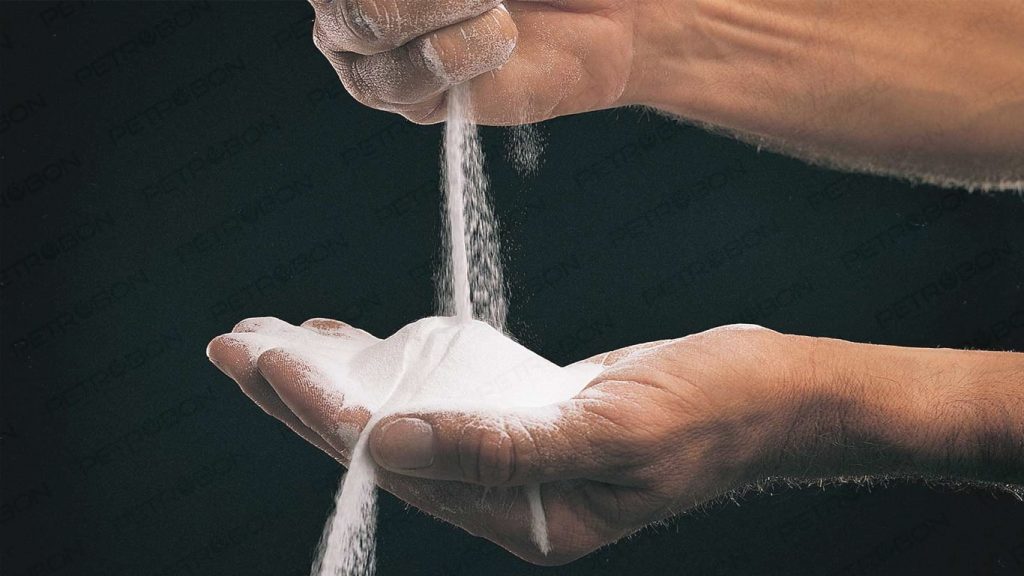
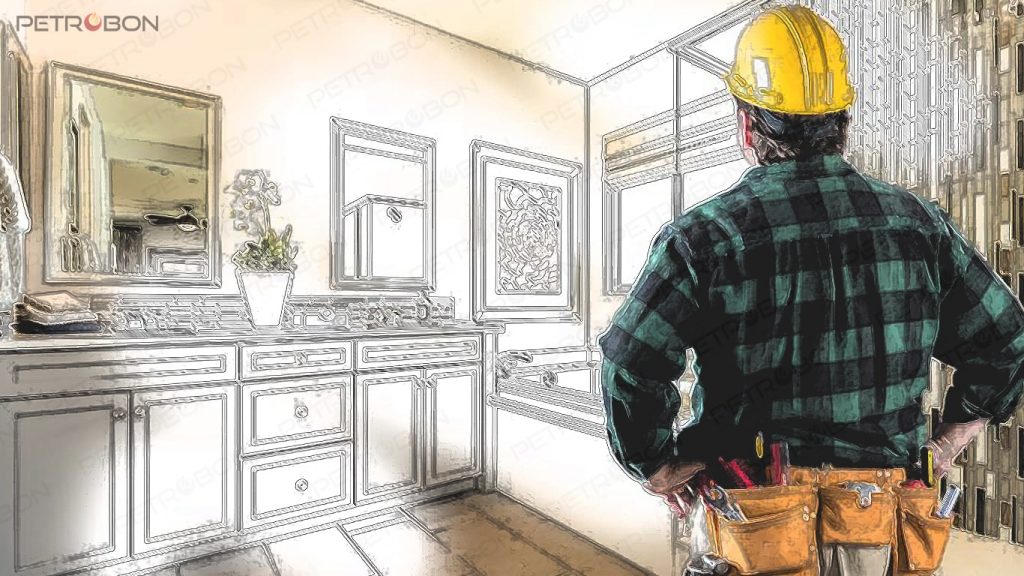
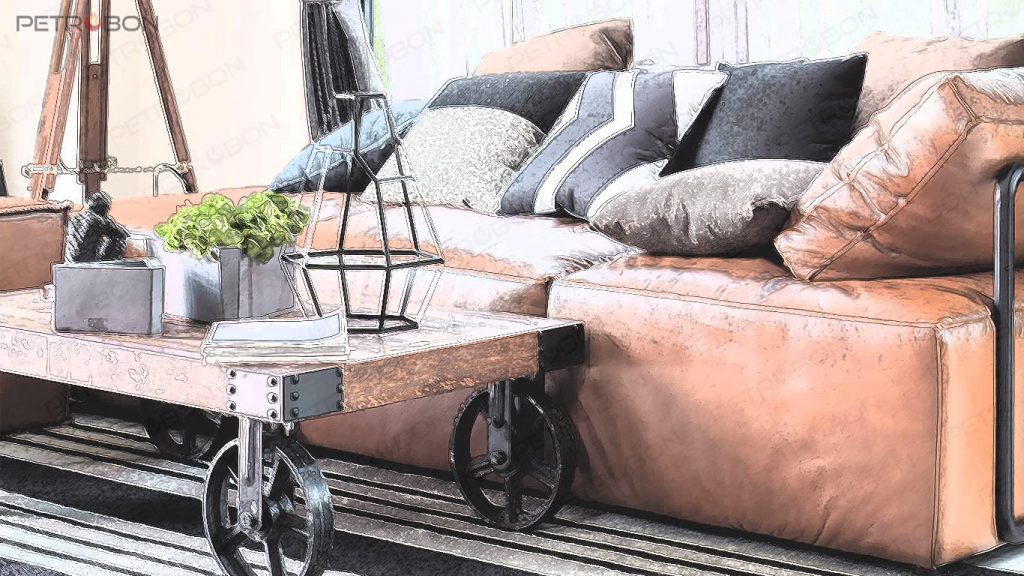
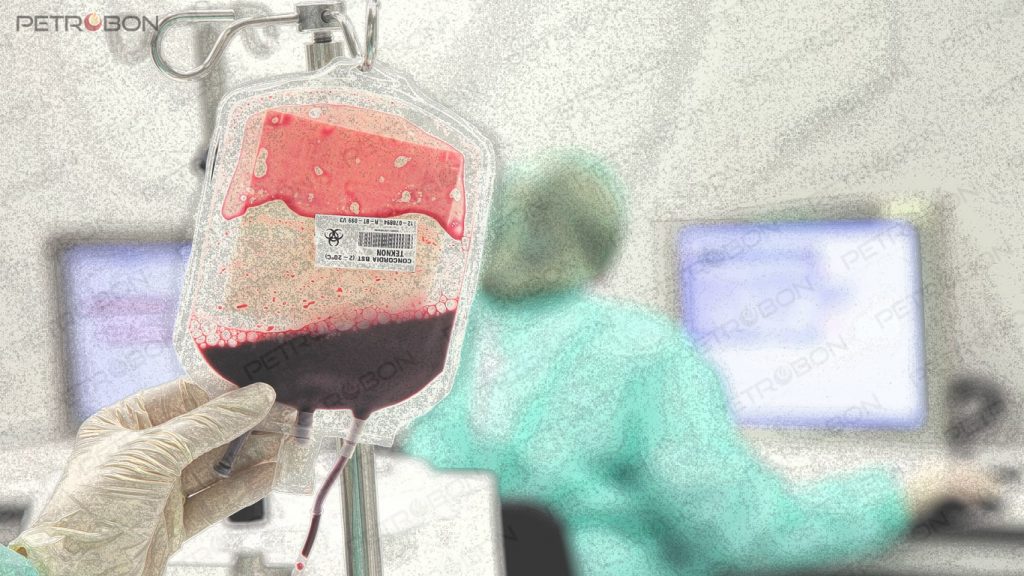
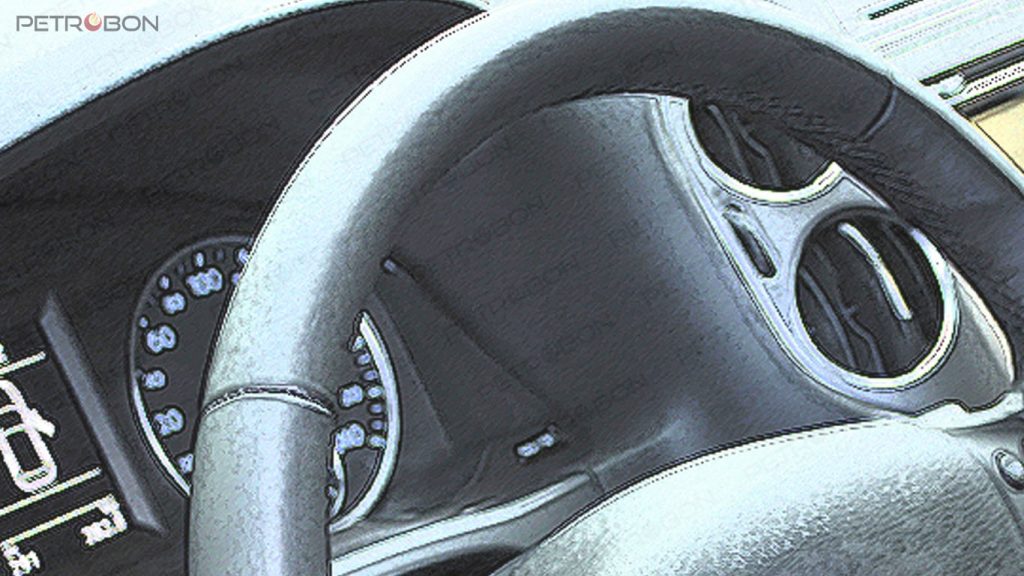
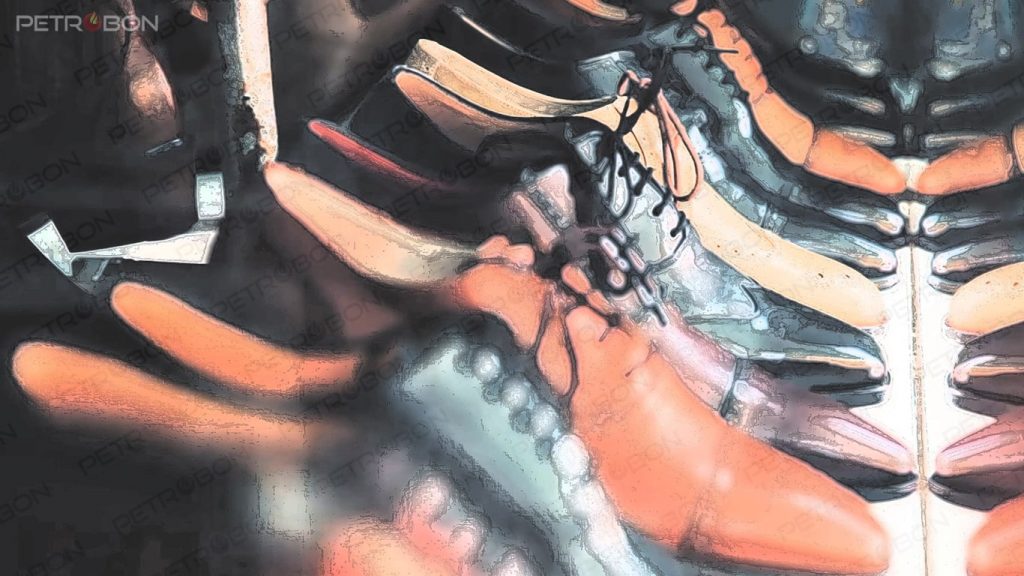
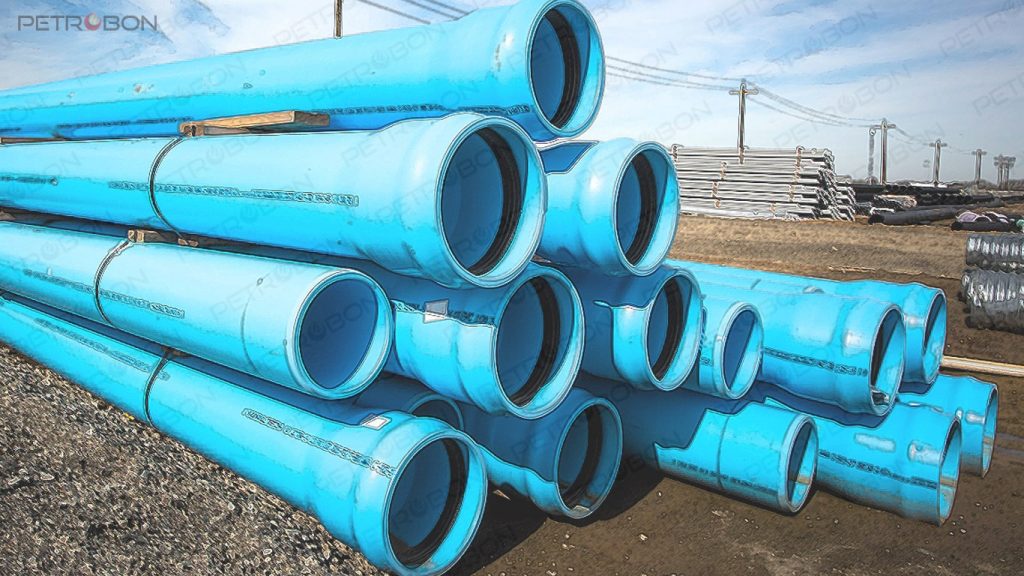
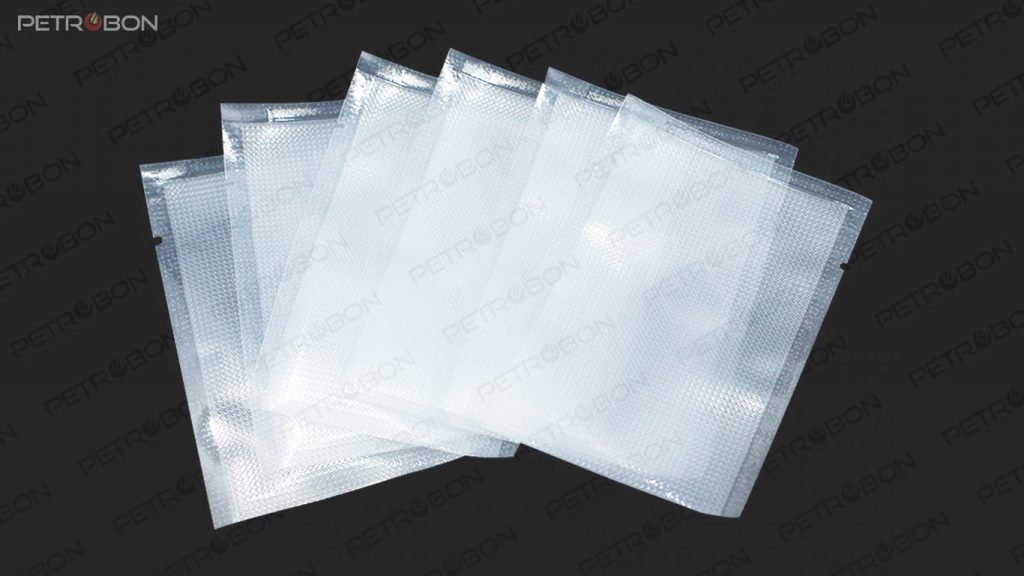
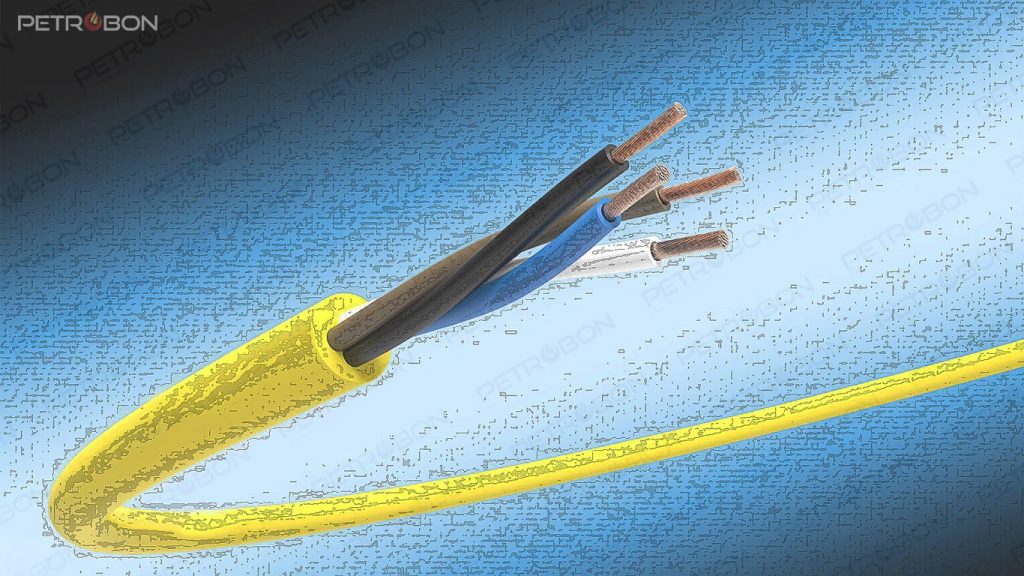
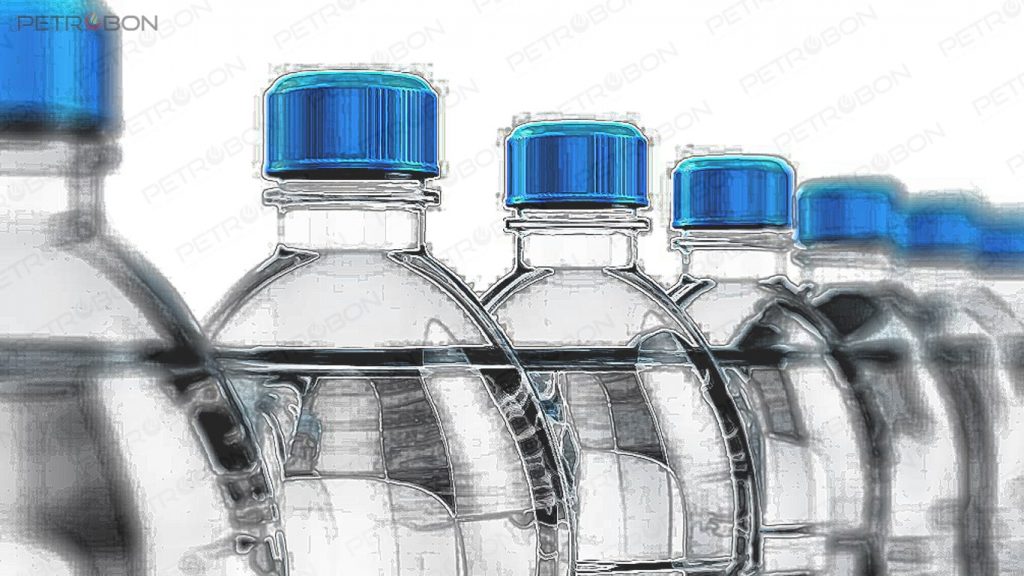
Hi, cool site you have at this time there.
Like!! Great article post.Really thank you! Really Cool.
Thank you for your blog article. Much thanks again. Great. Doll Antone McHale